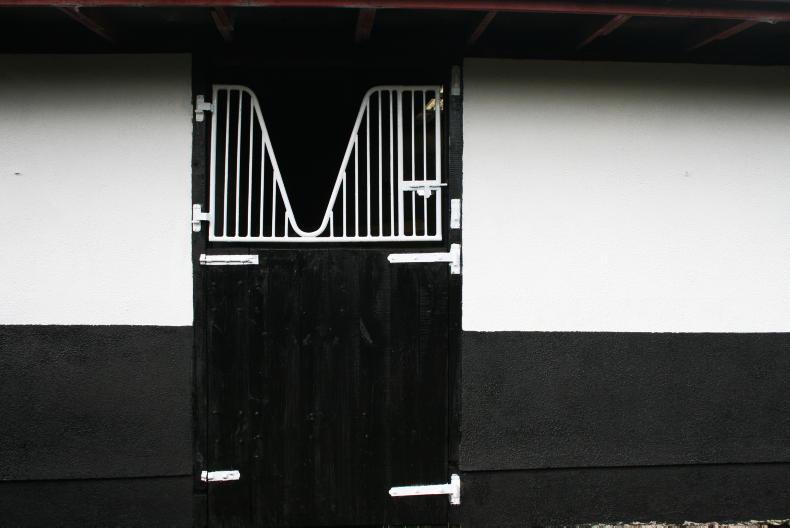DESPITE being world-renowned for its excellence in breeding elite sport horses, unlike the thoroughbred industry, which has long benefited from a well-established foal levy to support its infrastructure and international competitiveness, the sport horse sector here remains largely underfunded and fragmented. Is it time for the introduction of a more formal mandatory foal levy on Irish-bred sport horses as an initiative to boost the future of the industry? The idea is not a new one, Chris Ryan of the Traditional Irish Horse Association proposed it at an AGM back in 2014.
The thoroughbred industry in Ireland has a mandatory foal levy, collected at registration through Weatherbys Ireland, which goes toward industry development, marketing, veterinary research, and prize money. It has been instrumental in maintaining Ireland’s global status in flat and National Hunt racing. The same logic could apply to the sport horse sector, which also relies on international recognition, robust breeder networks, and well-funded competition structures.
Despite Ireland producing some of the best sport horses in the world, there is no equivalent structured financial support system underpinning their development. Knowing exactly where breeder money goes would be helpful, financial burden cannot all be put upon breeders.
Horse Sport Ireland generates revenue through various channels, including passport fees, paid for by breeders, which are reinvested into the Irish equestrian industry. While specific allocations from passport fees are not publicly detailed, HSI apparently utilises its income to support several key initiatives including breeding grants and development programmes, the ePassport system, marketing and the equine anti-doping programme. Similarly, the Northern Ireland Horse Board industry reinvestments are also not detailed publicly but key initiatives include the digital passport system, membership benefits and administrative services.
Tight margins
Breeders often operate with tight margins: young horse classes, marketing initiatives and international promotions are frequently underfunded or dependent on sporadic grants. A more formal levy on every foal born could perhaps directly address these weaknesses?
The proposal could be made simple: a modest levy - perhaps €50 to €100 - applied at the point of registration with all passport-issuing bodies across the island of Ireland for each sport horse foal. These funds would be ring-fenced for reinvestment in the sport horse industry, with clear oversight and accountability.
Potential uses could include more breeder incentive schemes, young horse development programmes, and investment in data infrastructure to track breeding success.
Opponents may argue that this places an additional financial burden on breeders, particularly small-scale operators. However, the cost is minimal when compared to the price of raising a foal to competition level. If even 5,000 sport horse foals were registered annually, the scheme could generate between €250,000 and €500,000 per year – resources that would significantly strengthen the industry as a whole and provide tangible returns for breeders through improved services, visibility and support.
A foal levy is not a tax – it is a reinvestment tool. By following the proven model of the racing industry, Ireland’s sport horse sector could finally begin to coordinate itself strategically and sustainably. As other nations grow their own breeding programmes and invest heavily in their sport horse infrastructures, Ireland must not be left behind.
The question to ask ourselves is, at this point, is a levy feasible and essential?




 This is a subscriber-only article
This is a subscriber-only article
 It looks like you're browsing in private mode
It looks like you're browsing in private mode










SHARING OPTIONS: